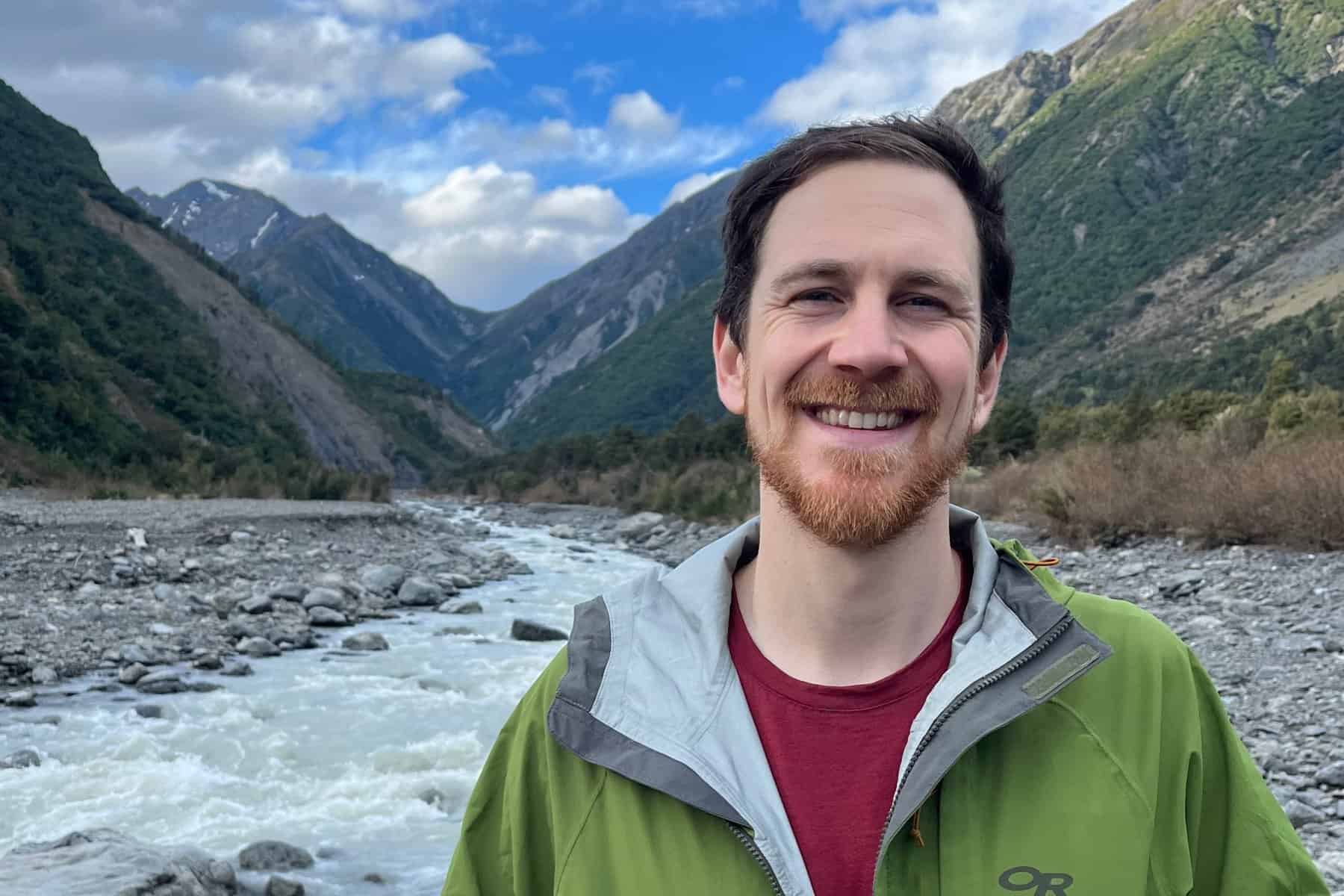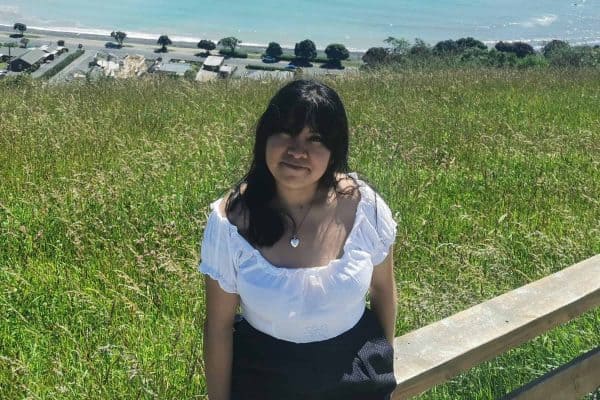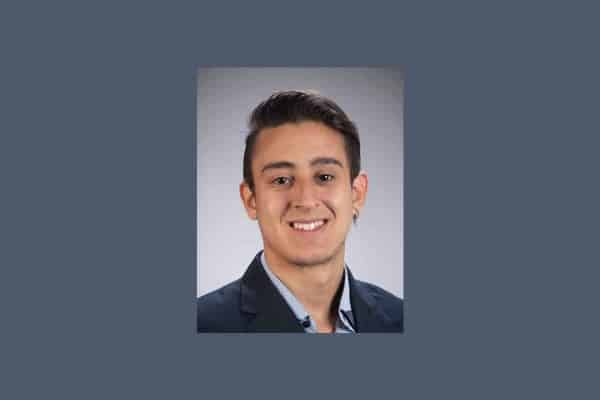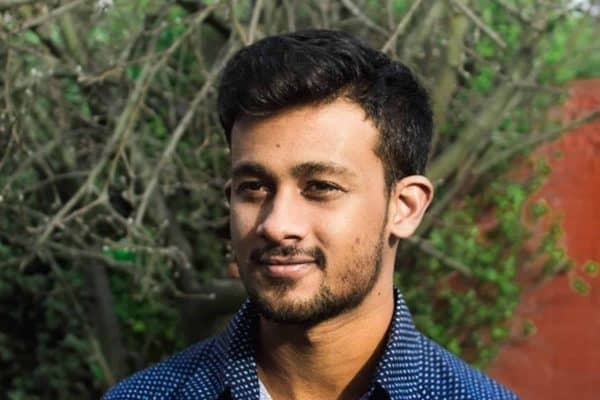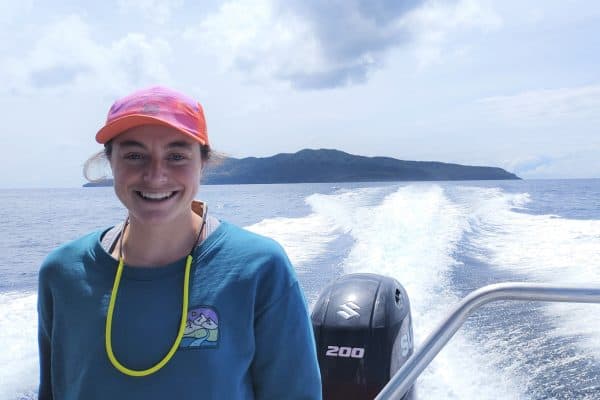Understanding cascading impacts in our interdependent infrastructure
Kia ora! I was born in Colorado, USA, and grew up around the beautiful rivers and hills of Jefferson City, Missouri. I moved to Baltimore on the East Coast of the US for my Bachelor’s and Master’s degrees at Johns Hopkins University, where I studied Environmental Engineering with a focus on risk analysis. It was during this period that the seed of an idea was planted for my current PhD project, as my research involved assessing the impacts of hurricanes on the infrastructure of the island of St. Kitts.
During the last part of my Master’s degree, I did an exchange to Utrecht University in the Netherlands and ended up taking a job there when I graduated. I had a wonderful time experiencing life in the Netherlands, traveling throughout Europe, and working for the Netherlands Organisation for Applied Scientific Research, in their Applied Geosciences department. My role there was in developing risk-based tools and assessments for sustainable subsurface energy projects in the Netherlands and throughout Europe. After nearly 7 years there, I came to Ōtautahi Christchurch to start my PhD at the University of Canterbury under the supervision of Tom Logan, Rebecca Peer, and Conrad Zorn.
Throughout the years, I have picked up the hobbies of whitewater kayaking (which Aotearoa New Zealand is a stunning place for), cycling (road, trail, and bike packing), tramping, camping, and, every once in a while, playing the banjo (which is not as common as you’d think in Missouri).
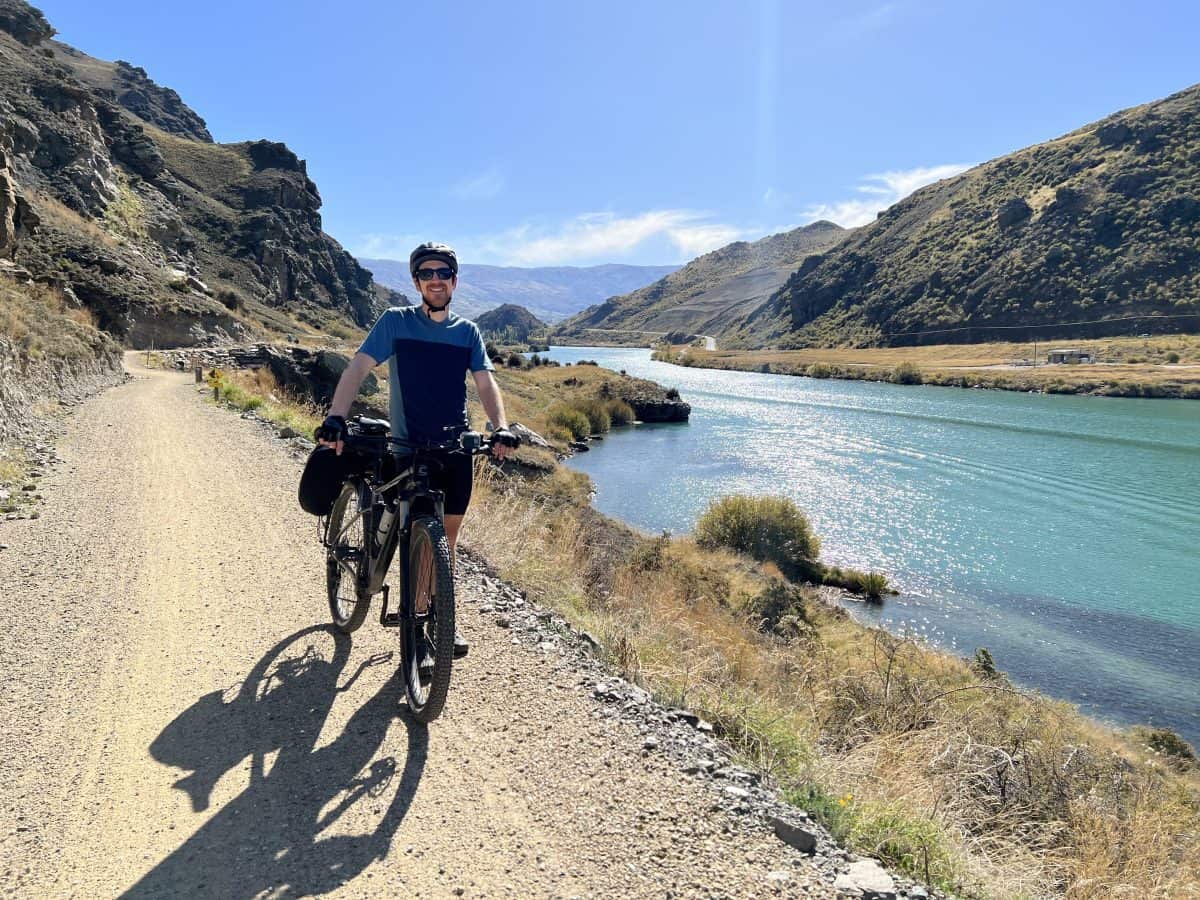
My Project
Our infrastructure is increasingly interconnected, which offers many benefits when creating and maintaining large, complex networks. We see this interdependence in our daily utilities; for example, pumps in the water distribution network rely on the electricity grid, while wastewater treatment plants rely on a functioning water network. What this interdependence also brings is a greater frequency of cascading impacts, which is when one failure in the system causes downstream failures to dependent nodes or systems.
With more and more climate-related natural hazards exacerbated by climate change, we are seeing constant examples of cascading impacts in our infrastructure. My work focuses on modelling these impacts throughout our utilities and households and understanding how these impacts affect infrastructure and communities both directly and indirectly.
The three main parts of the project are:
- Assessing the direct and indirect impacts of natural hazards on interdependent systems using exposure and vulnerability as metrics for risk.
- Performing a sensitivity analysis on different formats of fragility curves to identify the added value of using vulnerabilities over exposure.
- Developing a method to optimise and guide the recovery process in the wake of cascading impacts.
These steps will initially be applied to the case study of coastal flooding in Ōtautahi Christchurch and possibly other locations and hazards as I gather data. Through this research, I aim to help our cities work towards being more resilient in both the development of our infrastructure and the recovery after an event has happened.
Next Steps
I plan to develop this project into a helpful, multi-hazard tool to use with communities across Aotearoa, to inform them on the resilience and robustness of their infrastructure, identify the potential for direct and indirect impacts to residents, and support urban development strategies for infrastructure and properties. Such a tool can also provide insight to asset managers dealing with climate change impacts, city councils working on climate adaptation plans, and emergency management in creating response and post-disaster plans. Overall, I hope this work will help to create more resilient cities in the face of a changing climate.
